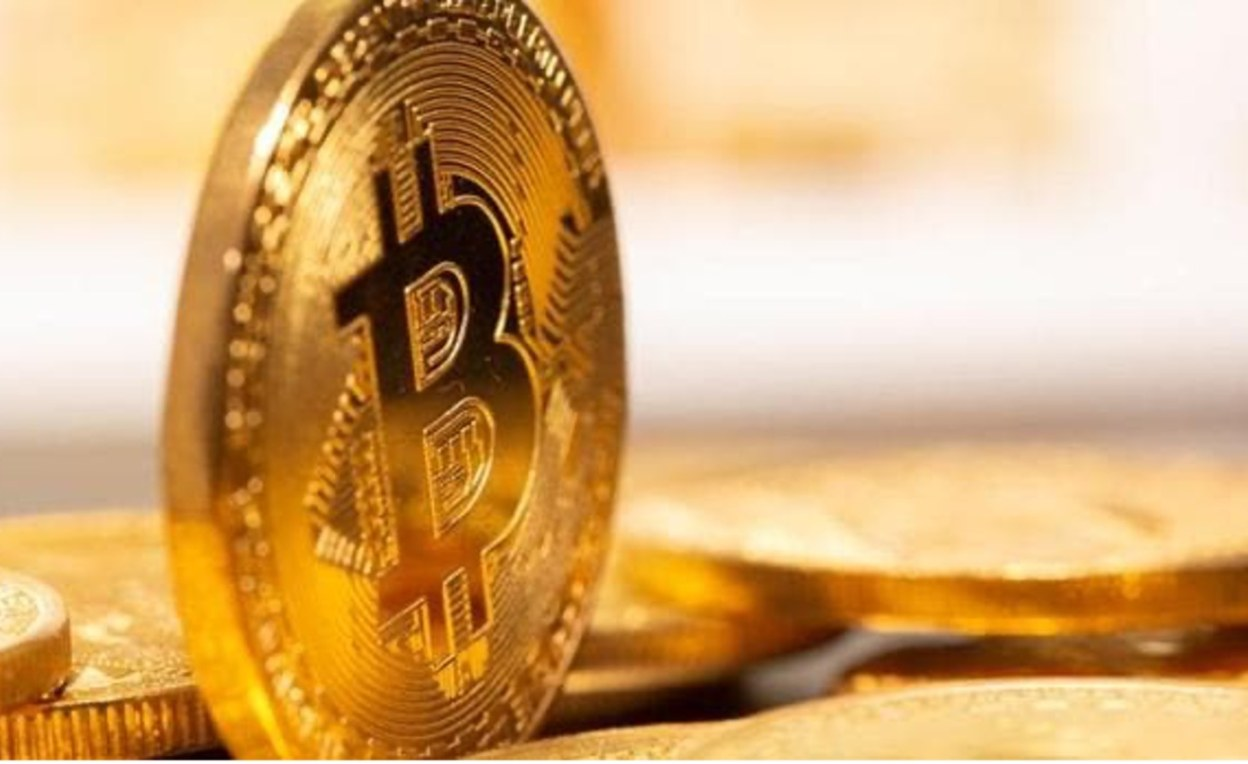Central African Republic and El Salvador have made Bitcoin legal tender and Panama has approved a bill to regulate crypto assets. Experts have warned that nations that adopt crypto currencies risk instability.
Central African Republic (CAR) last week become the first country in Africa to adopt Bitcoin as its official currency.
Central African President Faustin Archange Touadera’s government justified the contentious move, saying that it would “improve the conditions of the nation’s citizens” and put it “on the map of the world’s boldest and most visionary countries.”
Political observers and financial analysts have warned that adopting the cryptocurrency is not a solution to the nation’s problems.
CAR is as one of the world’s poorest and least-developed countries, ravaged by a yearslong rebel conflict — despite its gold and diamond riches.
The head of the International Monetary Fund’s African department, Abebe Aemro Selassie, recently said that a “robust” payment system with financial transparency and a governance framework must be in place when adopting cryptocurrencies.
But Justin Gourna Zacko, CAR’s digital economy minister, is in favour of Bitcoin. He told DW that cryptocurrencies eliminate central bank control.
“You have your money, you send it to an investor for a business, you get it in any currency, you can dispose of it in dollars, euros, CFA francs or naira,” Zacko said.
Central African Republic currently uses the French-backed CFA franc as its currency, along with most other former French colonies in Africa. Their common currency is pegged to the euro.
Some critics perceive the adoption of Bitcoin as an attempt to destabilize the CFA, as Russia and France vie for control over the resource-rich country.
Volatility is an issue
MP Rachelle Ngakola disagrees with the legislation. “We have asked them [the politicians] to surround themselves with all the guarantees before they pass such a law. People are in such a hurry — I don’t support it,” she told DW.
Civil society representatives are also concerned, according to Akandji Kombe, spokesman for the organization Citoyen Debout et Solidaires Centrafrique (CDS-CA).
“This law on cryptocurrencies has been passed in haste, it is non-transparent and runs radically counter to national sovereignty, freedom and the interests of Central Africans,” Kombe told DW.
The adoption of Bitcoin is a hot topic for debate in CAR’s capital Bangui.
“In a country where the population doesn’t have access to the internet, it’s a joke to talk about digital money like cryptocurrency,” one resident told DW. Only about 10% of all CAR residents have access to the internet, according to The World Bank.
While several internet users see it as a form of financial independence, others like Johnny warn on Twitter that cryptocurrency is volatile. As a matter of fact, Bitcoin’s value has seen wild swings, soaring by 150% last year to reach a record $68,991 before falling sharply in recent months. It was worth around $38,000 on Wednesday (May 4, 2022).
Poorer countries good candidates for Bitcoin
Proponents of the cryptocurrency say it is inclusive and useful to people in the developing world, especially as a safe asset in the event of hyperinflation.
One of them is Alex von Frankenberg, Managing Director of High-Tech Founder Fund.
“For Africa, this is a huge opportunity. It is important though, that everyone is taken along,” he told DW. “The infrastructure has to improve though.”
Frankenberg said that poorer countries in particular are good candidates for the parallel introduction of Bitcoin into the financial system. Wordwide 2.3 billion people do not have access to bank accounts, especially in African and Central American countries, he said.
This is precisely where Bitcoin is ideal as a means of payment, Frankenberg said. The key advantage over conventional currencies is that cryptocurrency is limited to 21 million coins and no one can control it alone.
Money laundering?
“Bitcoin is sound, non-inflationary money. It allows billions of people to store their money, and therefore their work and life time, permanently for the future. I believe Bitcoin will significantly raise the standard of living, especially for the poorest countries,” Frankenberg said.
Many people have raised concerns about the possibility of using the cryptocurrency for money laundering purposes.
“That can’t be the primary motivation for Bitcoin,” he said. Money could be laundered by countries with Bitcoin, but the percentage is lower than in other financial systems, the expert claimed.
According to Frankenberg all transactions in the Bitcoin blockchain are stored forever and are visible to everyone.
Bitcoin gains popularity
Bitcoin addresses are anonymous, but the moment you can associate a name or company with a Bitcoin address, it is fully transparent who is behind a transaction, he said. “That’s why Bitcoin is completely unsuitable for money laundering, terrorist financing, and other things.”
El Salvador last year became the first country in the world to bring bitcoin under its umbrella of legal currencies. To promote the cryptocurrency’s usage, El Salvador also launched an app — “Chivo Wallet” — which allows users to digitally trade both Bitcoin and US dollars without paying any transaction fees.
Risk of instability to financial system
Nevertheless, the decision drew criticism from the International Monetary Fund. The Washington-based financial institution called on the Salvadoran government to stop using the cryptocurrency as legal tender.
El Salvador was “risking the stability of its financial system,” Christian Ambrosius, lecturer at the Institute for Latin America Studies at Berlin’s Free University, told DW at the time.
Ambrosius also warned of misuse of the currency.
“You have the dollar and Bitcoin, that makes El Salvador an attractive place for money laundering,” he said.
Ambrosius denied that Bitcoin would simplify and cheapen money transfers.
“You don’t need a government to make bitcoin legal tender for that.”

